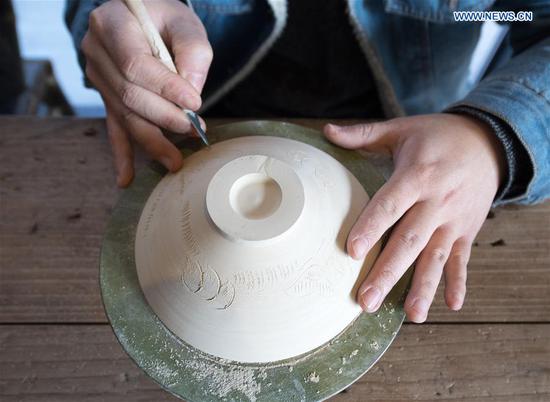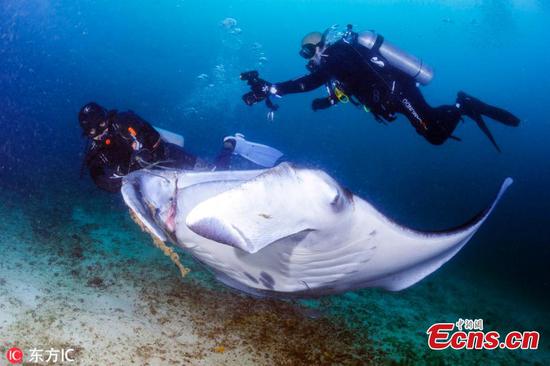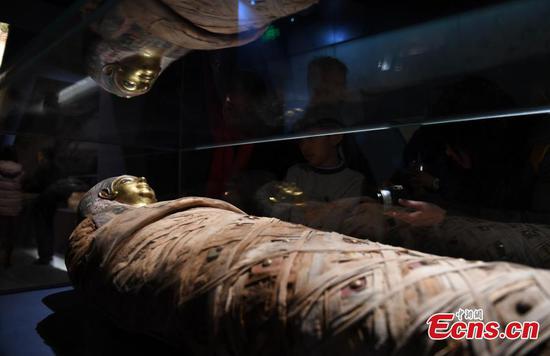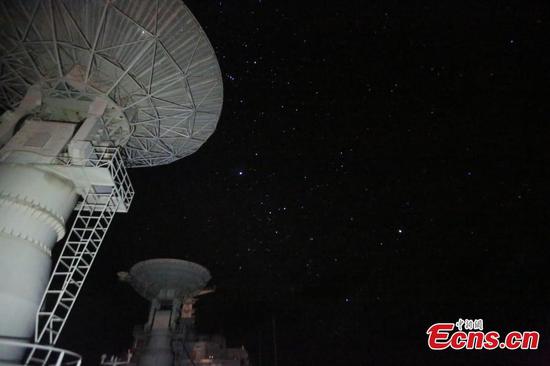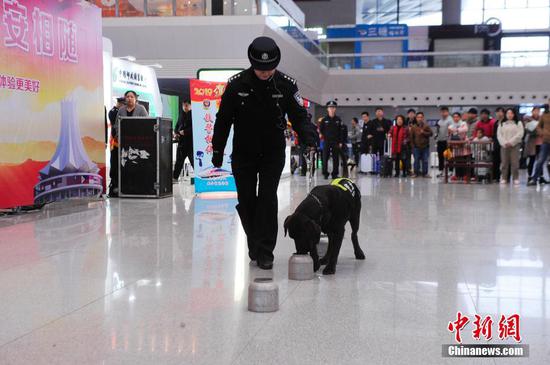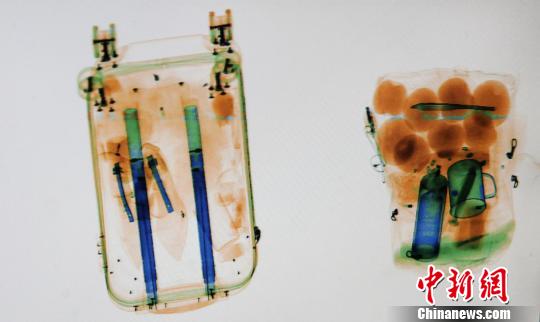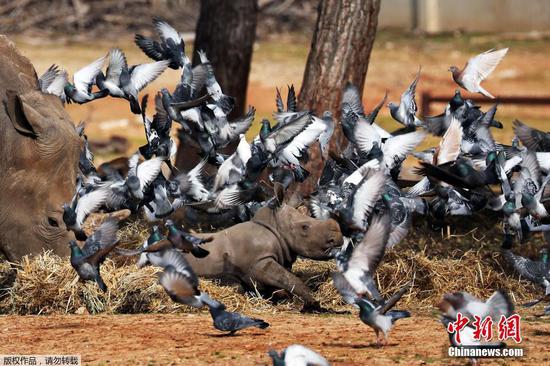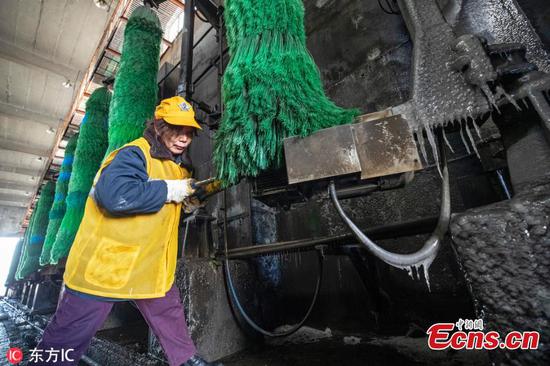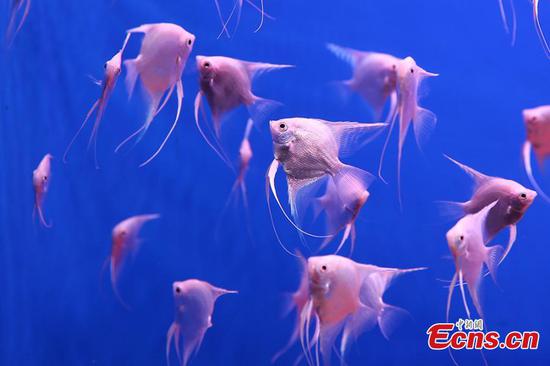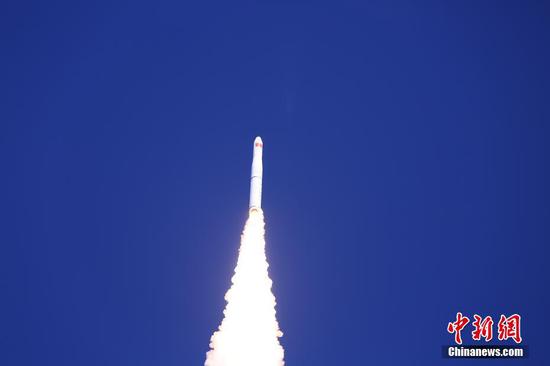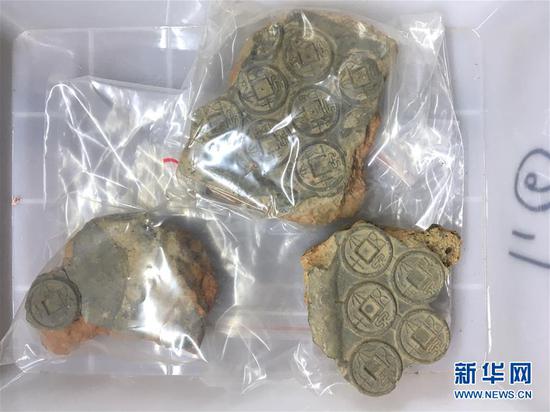A woman who successfully received a womb donated from her mother after a uterus transplant in November 2015 gave birth to a healthy baby boy in northwest China's Shaanxi Province on Sunday.
Weighing 2 kg and measuring 48 cm long, the baby is China's first and the world's 14th baby born from a transplanted womb, doctors with the Xijing Hospital in Xi'an, capital of the province, said Wednesday.
Yang Hua, 26, the new mother, was born without a uterus but has her own ovaries.
When the mother-daughter womb transplant, China's first human womb transplant, was done in 2015, Yang was 22 and her mother was 43.
Doctors at the Xijing Hospital extracted eggs from Yang. With the help of assisted reproductive technology, they froze 14 embryos in August 2015.
The frozen embryo was successfully implanted in Yang's womb on June 13, 2018. Yang became pregnant after two weeks.
To ensure the health of Yang and her baby during the pregnancy, the experts from the obstetrics and gynecology department and the urology department of Xijing Hospital made a series of individual immune anti-rejection medication plans and conducted regular ultrasound, plasma concentration and hormone level monitoring.
"The full-term fetus can bring pressure to the transplanted womb, which increases risks during labor," said Chen Biliang, director of the obstetrics and gynecology department of Xijing Hospital.
Therefore, Chen and his team decided to conduct a cesarean section during the 33th week of Yang's pregnancy.
Uterus transplants are not new. In the 1960s, Britain and the United States began to experiment with uterus transplants on animals.
In 2000, the world's first human womb transplant took place on a 26-year-old woman in Saudi Arabia. The transplanted uterus failed after three months and had to be removed.
In 2011, doctors successfully performed a uterus transplant on a woman in Turkey. Two years later, nine women in Sweden successfully received transplanted wombs donated by relatives.
Chen said uterus transplants still remained a medical challenge.
The uterus, with plenty of tenuous blood vessels, grows in the depths of a woman's pelvic cavity. Therefore, a string of problems including cutting, the structure of the blood vessels during the transplant and strong rejection reactions may occur, according to Chen.
There are about a million women in China suffering from uterine infertility. Due to the limitation of the current assisted reproductive technology and the prohibition of surrogacy in many countries, uterus transplants have provided an effective way for women plagued by uterine infertility to have their own babies, according to Chen.












